
Education
New pilot programme to support disadvantaged students in Liverpool
1 year ago
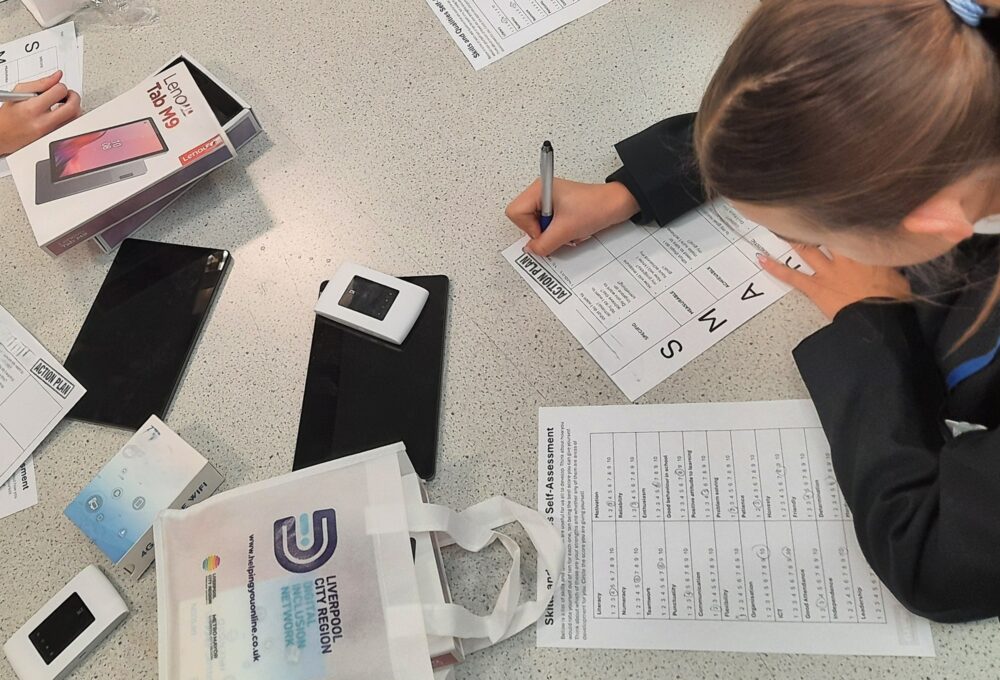
A groundbreaking new initiative is giving young people across the Liverpool City Region a much-needed boost as they transition from school into work, training, or further education.
Building on the success of an earlier pilot, which ran from 2021 to 2023, this expanded programme from Liverpool City Region Combined Authority’s Careers Hub will work with 350 Year 10 students over two and a half years.
The goal is clear: to equip disadvantaged students with the skills, confidence, and opportunities they need to re-engage with education and prepare for future careers.
Delivered by the Liverpool City Region Combined Authority’s Careers Hub and in partnership with Elevate Education Business Partnership (EBP) the aim is to tackle the growing challenge of young people not in education, employment, or training (NEET).
The programme will work with pupils who are eligible for free school meals and will provide them with:
- A dedicated mentor: Providing support to the students on developing self-belief and resilience including decision making and workplace etiquette.
- Career Pathways: Tailored guidance to identify strengths, interests, and aspirations, helping young people create achievable career or education plans.
- Access to local businesses: Collaboration with local businesses and industries to offer a variety of experience of workplace visits and employer engagement events.
Every student has also received a tablet, digital skills training and six months of connectivity as part of the recent Digital Inclusion Initiative delivered by the Liverpool City Region Combined Authority. Research from Nominet[1], which publishes the Digital Youth Index, shows 23% of pupils who are eligible for free school meals nationally have no access to broadband at home. This programme will ensure that every young person taking part has the access and connectivity to not only increase their digital skills but also ensure they are able to complete applications online and access vital resources that can open up more post-16 opportunities.

Mayor of the Liverpool City Region Steve Rotheram said:
“After the success of the pilot programme, I’m delighted that we can continue expanding our support for young people across our region. Every child, no matter their background, deserves the same opportunities to succeed – and this initiative is about breaking down barriers and giving them the tools they need to thrive.
“By providing dedicated mentors, career guidance, and direct links to local businesses, we’re ensuring that our young people are supported at every stage of their journey. But this is about more than just qualifications – it’s about confidence, aspiration, and unlocking potential.
“Investing in our young people today means investing in our future—securing the long-term productivity, economic growth, and success of the Liverpool City Region”.
The pilot programme has been commissioned by The Careers & Enterprise Company, the national body for careers education, through the Effective Transitions Fund with funding from JPMorgan Chase to test what types of support works best in breaking down barriers faced by disadvantaged young people.
The investment bank initially funded the programme with £2 million and has now pumped an extra £2.5 million into it after the initial pilot found more than nine in ten participants successfully moved on to college or training courses after leaving school at 16.
The initial pilot in the city region focused on 130 boys who had become disengaged from school and risked leaving with no qualifications or plans for their future. Results from this pilot saw 97% of the students went on to college or training and all of them were still studying after six months. 94% said they now felt motivated to learn and 100% felt listened to and supported when planning their future.




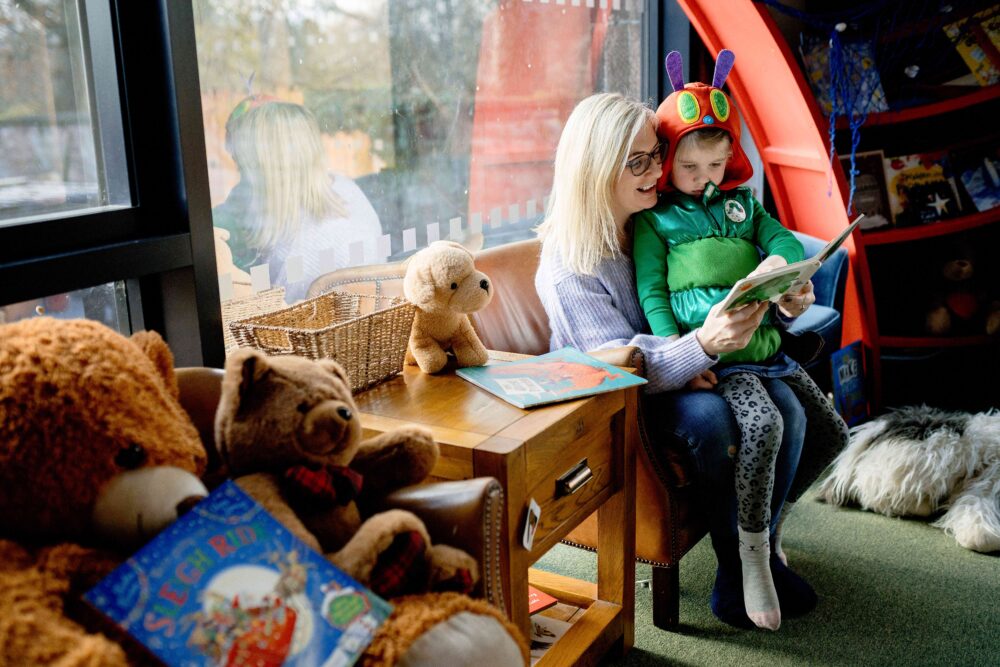

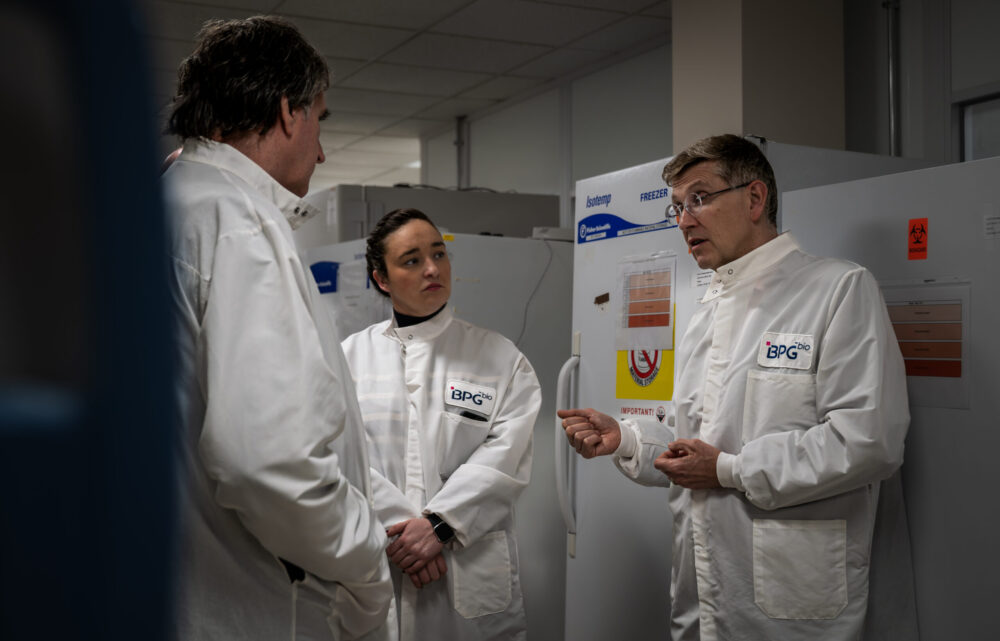
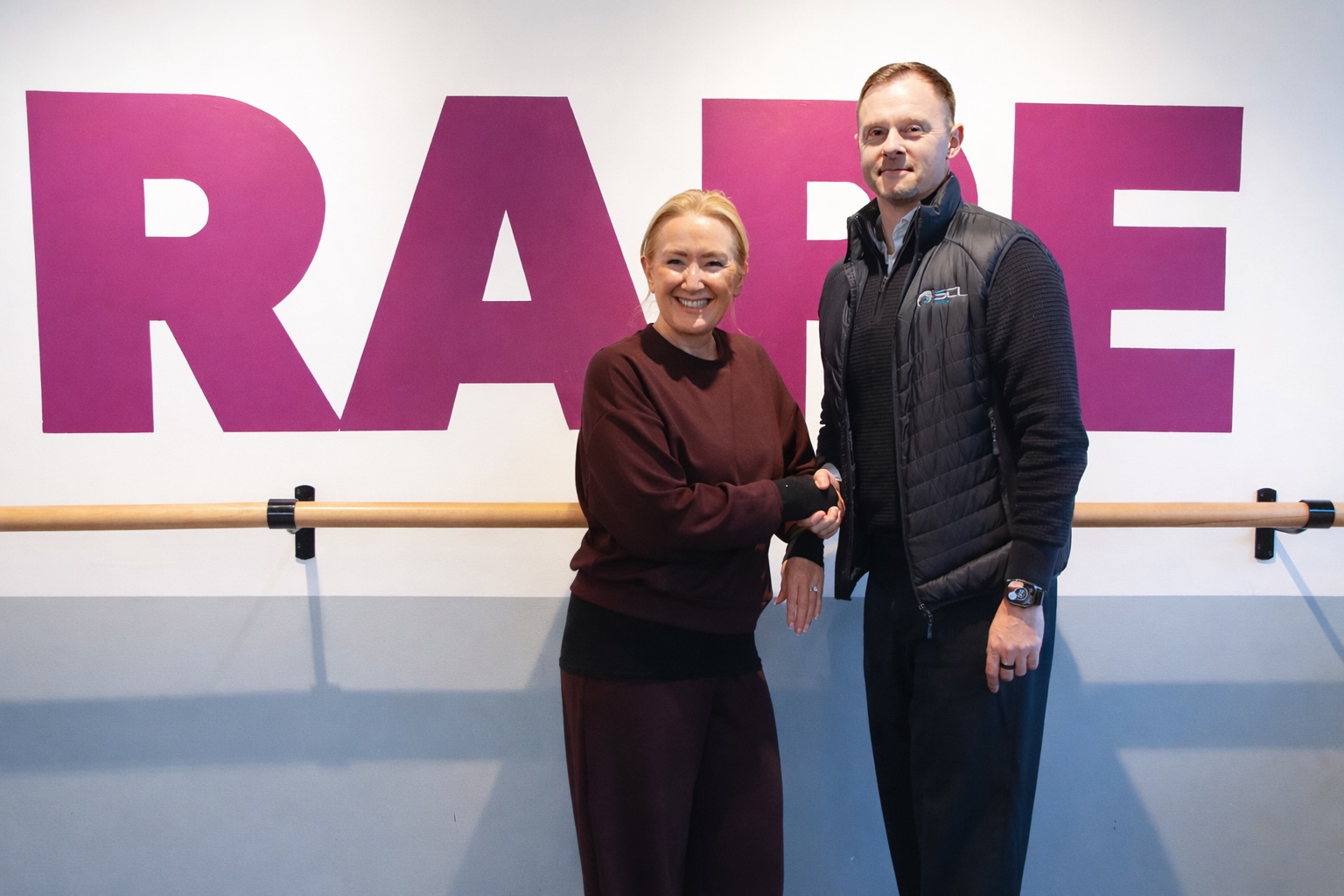
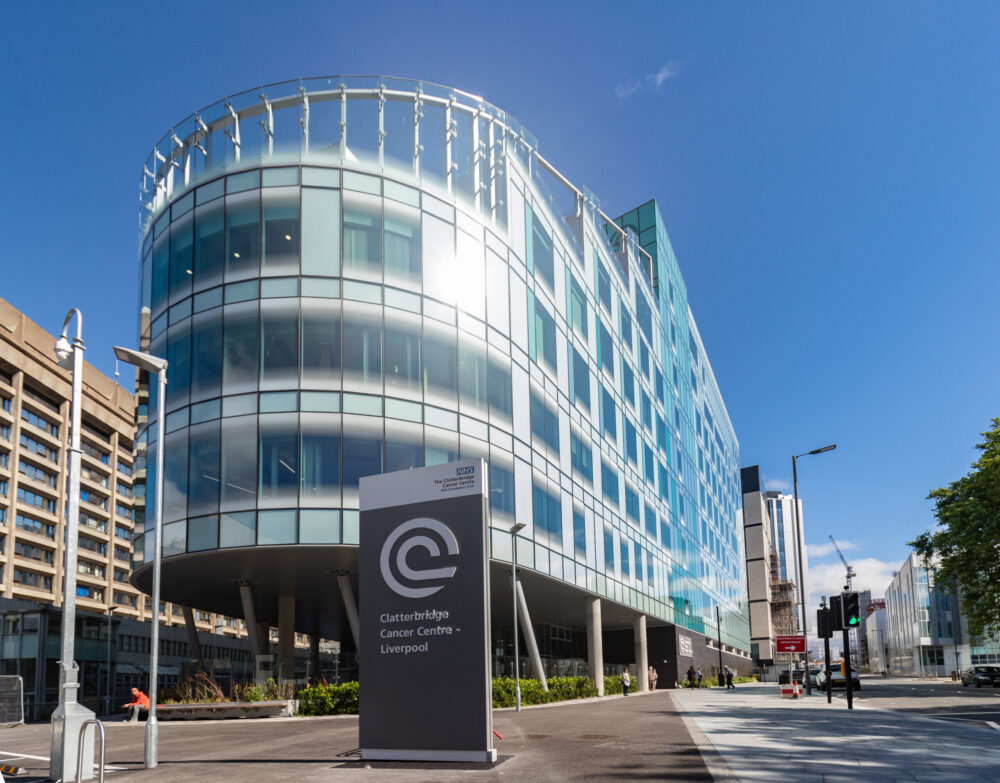
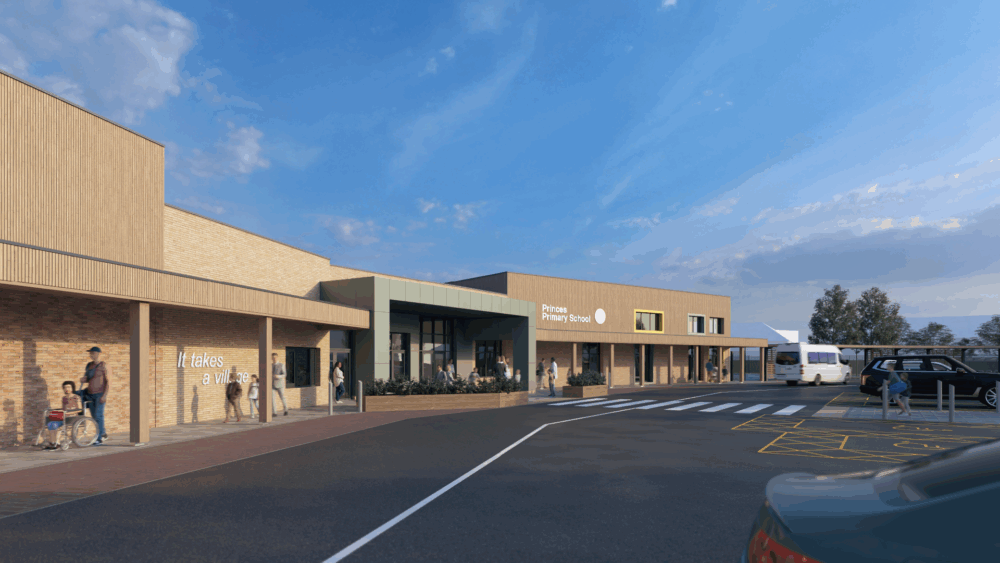
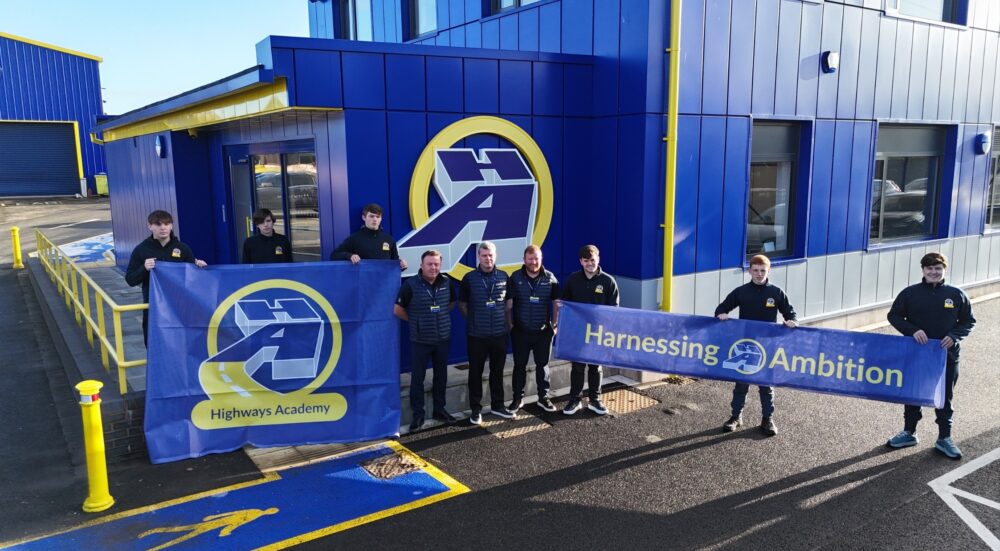
 Subscribe
Subscribe Follow Us
Follow Us Follow Us
Follow Us Follow Us
Follow Us Follow Us
Follow Us











